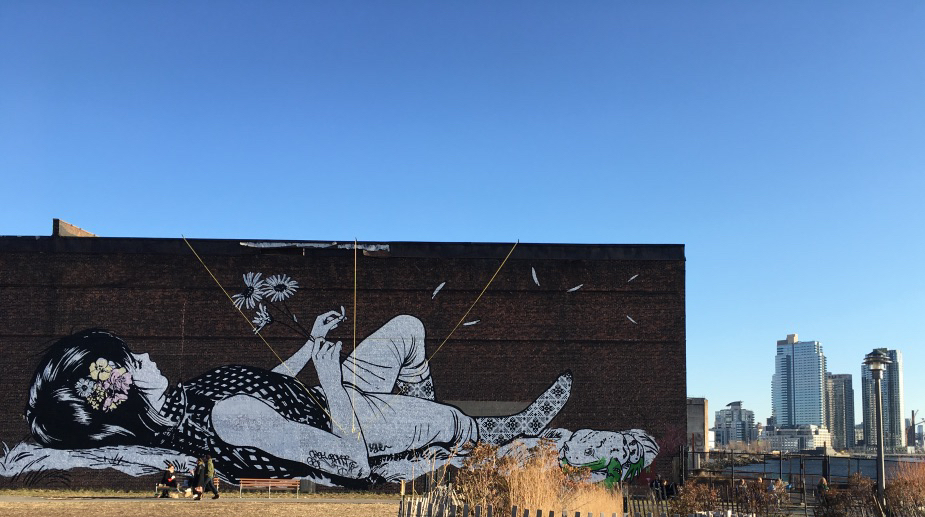Our research focuses on a critical analysis of categories of difference and their political effectiveness. We investigate how dynamics of knowledge production relate to questions of (in)equality and processes of inclusion and exclusion. Social movements, migration and border regimes, economic justice, forms of racialization, and politics of belonging all count among our empirical fields.

